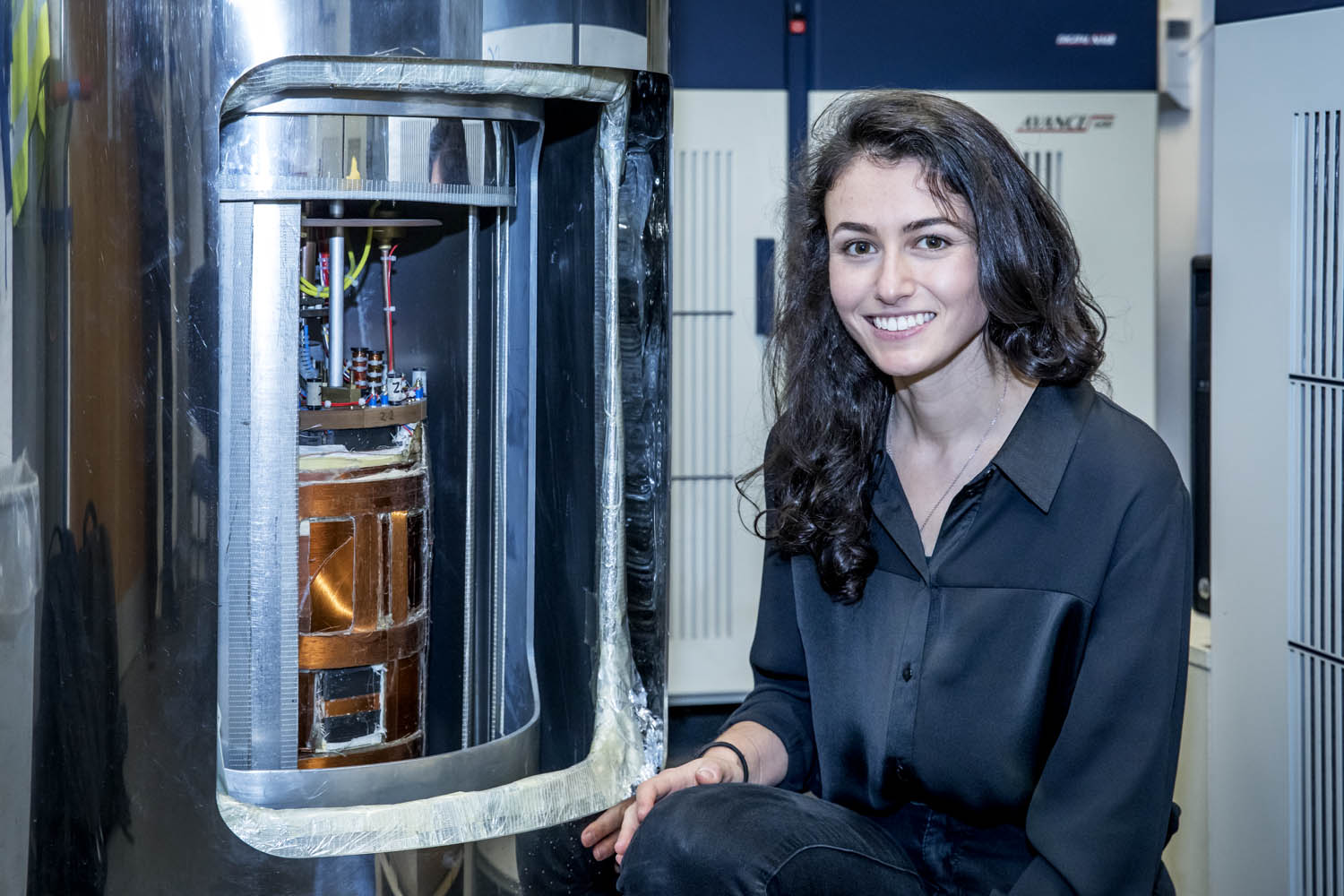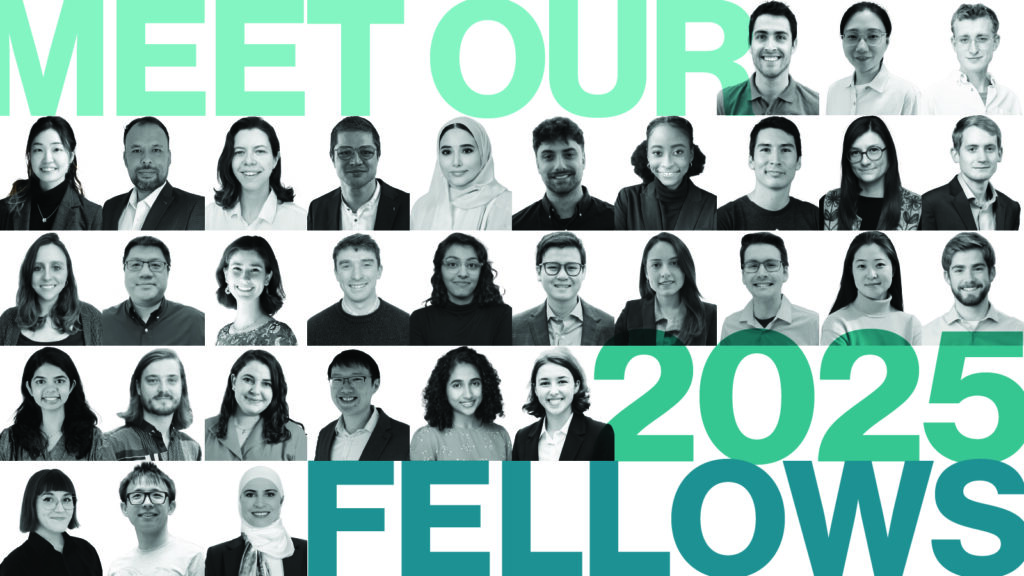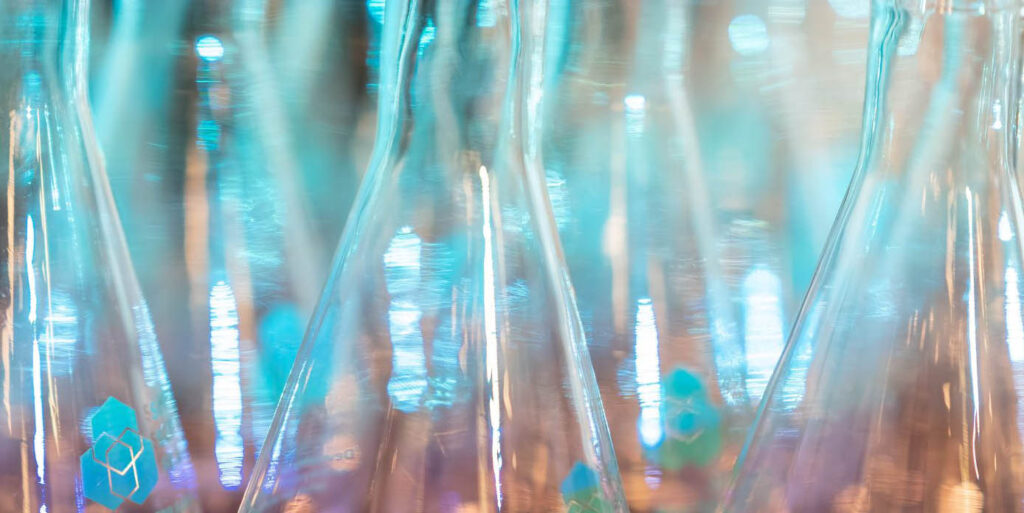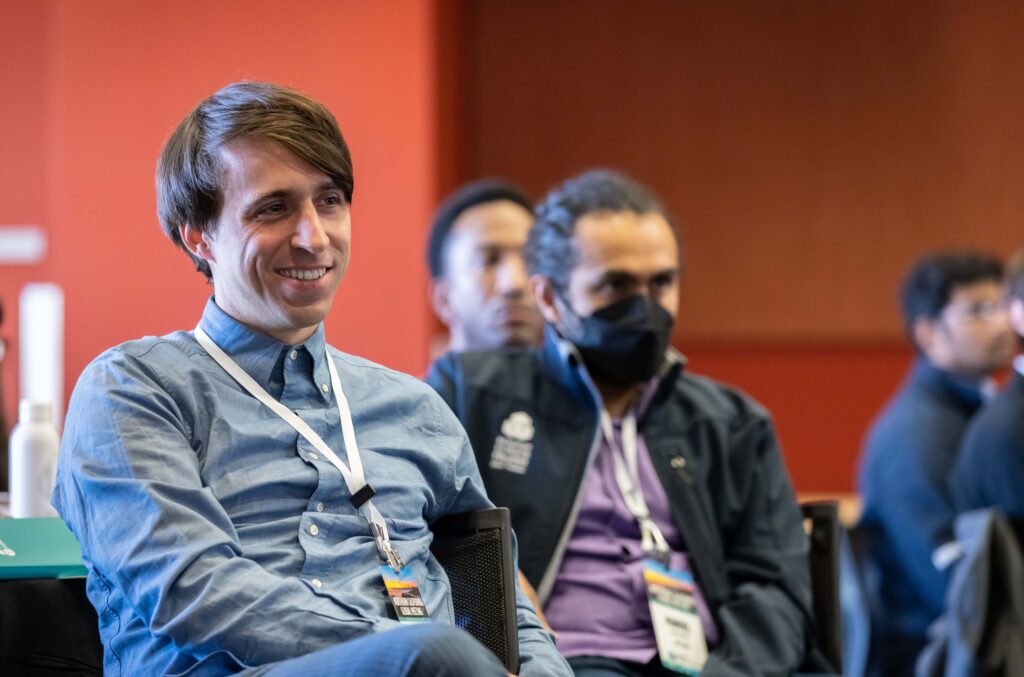This blog features in UN International Day of Women and Girls in Science 2021.
I am extremely fortunate that from very early on in my education, I have had the opportunity to learn from several inspirational women mentors including Professor. Özlem Ece Demir at the University of Iowa, Prof. Erica Flapan, Prof. Katy Muzikar, and Prof. Ami Radunskaya at Pomona College, and Prof. Ann McDermott at Colombia University. These women in diverse fields all share their passion for STEM subjects and research. Undoubtedly, as a result of their presence, I never questioned whether or not I too could be a scientist because I saw myself represented.
Nevertheless, as I began my graduate studies in the fields of biophysics and chemistry, I started to notice the gender ratio heavily skewing one way with my supervisors and mentors during my graduate and postdoc research having all thus far been (very supportive) men. These observations made me realise how difficult it must be for someone to pursue a career in STEM that does not see themselves represented as a scientist, not only for women but also underrepresented minorities, including Black, Indigenous, and people of color.
To learn more about these inspiring scientists and to celebrate their achievements, I started creating and improving Wikipedia pages for them in my free time. – Gabi Heller
To learn more about these inspiring scientists and to celebrate their achievements, I started creating and improving Wikipedia pages for them in my free time. Wikipedia is one of the most used websites in the world and a common first port of call for inquisitive minds. Despite this, only 18% of all English-language Wikipedia biographies are about women, even though there are many notable women (including many scientists) for whom there are no pages. One wonderful aspect about Wikipedia is that it is an open project and anyone can help combat this systemic bias. Inspired by other editors, I started contributing at the end of 2018, and in doing so I have had the privilege of learning about inspirational people, many being women, and their science and societal contributions.
I recently had the opportunity to start a page for Marcella Nunez-Smith who has an impressive career dedicated to healthcare equity for structurally marginalized communities and recently started as one of three co-chairs of U.S. President Joe Biden’s COVID-19 Advisory Board. I also was lucky enough to start biographies for wildlife conservationist Corina Newsome, and herpetologist Earyn McGee who in response to the racism faced by Black birdwatcher Christian Cooper during the Central Park birdwatching incident, co-organized Black Birders Week to celebrate Black birders on social media highlighting nature enthusiasts. Their event inspired several other events celebrating Black people in STEM including #BlackInAstro and #BlackInChem. Furthermore, in response to #BlackBirdersWeek the National Wildlife Federation committed to expanding its Conservation Fellowship & Intern Programs to create opportunities specifically for young biologists of color.
The dynamic, inter-connected nature of Wikipedia allows the public to not only learn more about science, but also the people behind it. Within a few clicks, you can navigate from reading about gene editing to Jennifer Doudna and Emmanuelle Charpentier, CRISPR’s inspirational co-inventors, or from Moderna’s mRNA vaccine for COVID-19 to Kizzmekia Corbett, one of the immunologists behind it. Given Wikipedia’s enormous audience, I hope that these pages can help shift perceptions about STEM and show diverse young people that they too could be scientists.



